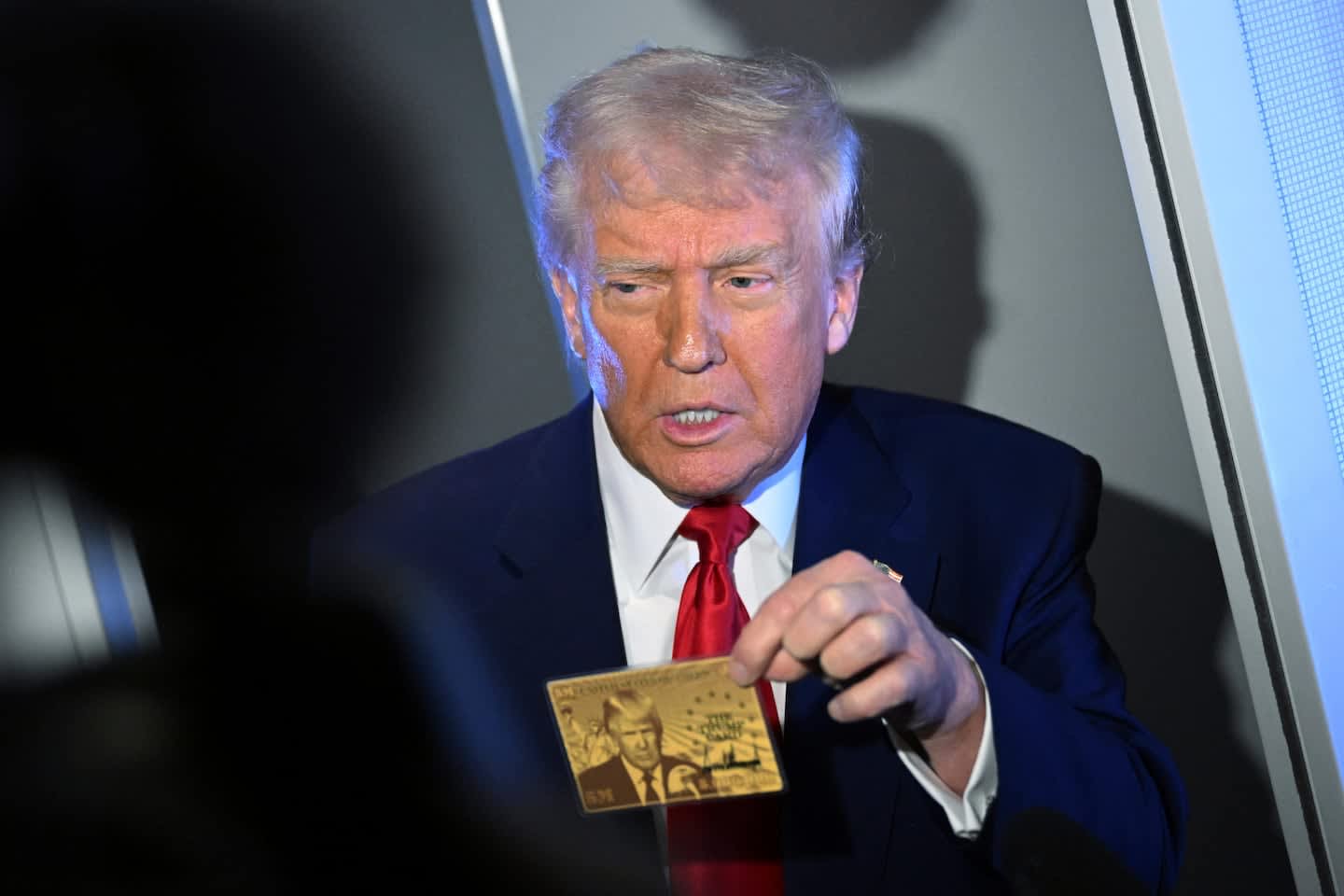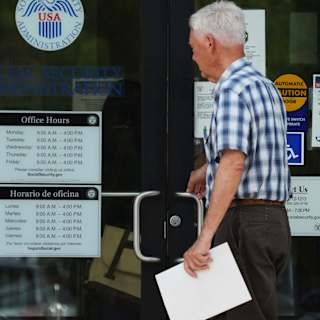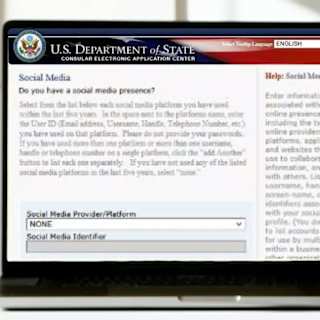- Legal Experts Sound Alarm
- Program Details and Interest
- Constitutional Questions
Immigration attorneys are warning wealthy clients to avoid President Donald Trump's proposed $5 million "Gold Card" visa program, citing legal obstacles that could leave applicants in limbo or facing financial losses.
The warnings come as legal experts increasingly question whether the Trump administration has the authority to create the investor visa program without Congressional approval, potentially dooming the initiative that has attracted nearly 70,000 waitlist applicants since its June launch.

"There's no lawful basis to do this, and if they do it anyway, they're going to get sued, and they're almost certainly going to lose," Doug Rand, a former Citizenship and Immigration Services adviser under President Joe Biden, told The Washington Post on Monday1.
George Fishman, senior legal fellow at the Center for Immigration Studies and a deputy general counsel at the Department of Homeland Security during Trump's first term, told The Post he is "very dubious" that the White House can create a new visa pathway without an act of Congress2.
The legal challenges center on a 1990 law that established current visa categories. According to The Boston Globe, no administration has changed visa eligibility criteria since then3. David J. Bier, director of immigration studies at the Cato Institute, said "Issuing Trump's gold cards is likely illegal, changing tax law is likely illegal, and ending the EB‑5 investor visa is likely illegal"2.
Trump announced the Gold Card program in February, proposing it as a replacement for the existing EB-5 investor visa, which requires investments of $800,000 to $1.05 million1. The new program would offer permanent residency and a pathway to citizenship for $5 million, with no job creation requirements2.
The administration launched TrumpCard.gov in June, where prospective applicants can join a waitlist. As of mid-June, nearly 70,000 people had registered interest, according to multiple reports23.
Unlike the EB-5 program, the Gold Card functions as a donation rather than an investment with potential returns, immigration lawyer Darren Silver noted4. Treasury Secretary Howard Lutnick has suggested the program could generate $1 trillion if 200,000 cards are sold5.
Legal scholars have raised constitutional concerns about effectively selling permanent residency, arguing it may violate equal protection principles1. The proposal would also exempt cardholders from federal income tax on foreign earnings, raising additional questions about the president's authority to unilaterally change tax code2.
Immigration attorney Michael Wildes asserted that "Congress must pass an act allowing for this new vehicle"3. The tension between the administration's ambitious timeline and legal requirements remains unresolved as the waitlist continues to grow.





